Payday Loans: Understanding the Hidden Risks You May Be Overlooking
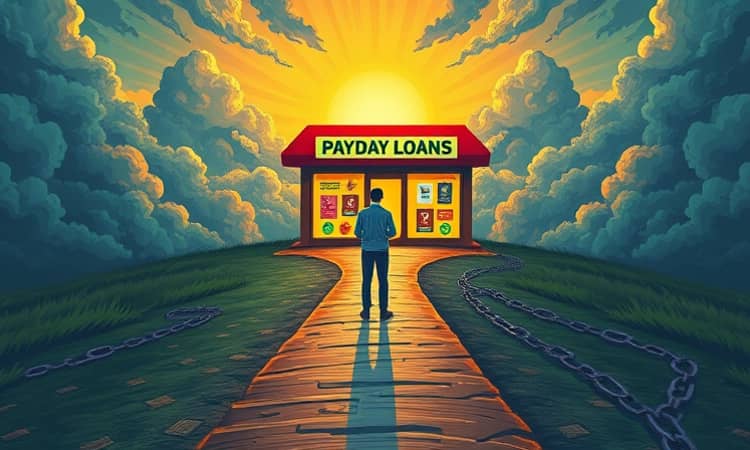
Payday loans have become a common financial tool for many individuals facing temporary cash flow problems. While they can provide immediate relief, the long-term consequences often outweigh the short-term benefits, leading to cycles of debt and financial distress.
Understanding the risks associated with payday loans is crucial before considering them as a solution. This article explores what payday loans are, their costs, how they contribute to a cycle of debt, and the predatory practices often associated with them.
What Are Payday Loans?
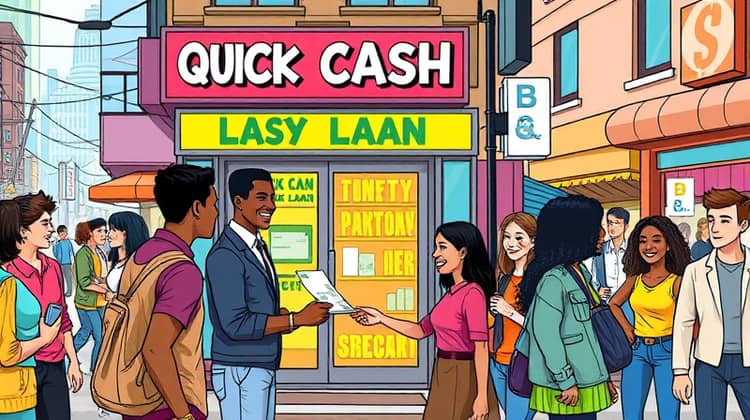
Payday loans are short-term, high-interest loans designed to cover expenses until your next paycheck arrives. They are typically small amounts, ranging from $100 to $1,500, and are often marketed as quick and easy solutions for urgent financial needs.
These loans are often secured against the borrower's next paycheck, which means that borrowers have to repay the loan in full, plus fees, by their next payday, usually within two weeks. However, this tight repayment schedule can quickly lead to significant financial strain.
- Short-term financial relief
- High-interest rates
- Requires repayment by the next paycheck
- Easy application process online and at local stores
- Potential for debt accumulation
While payday loans might seem like a quick fix for immediate financial needs, understanding the immense pressure they place on borrowers is essential. Many people assume they will be able to repay the loan quickly, but the realities often prove otherwise.
The High Cost of Payday Loans

The appeal of payday loans lies in their convenience and accessibility; however, the costs associated with them can be staggering. Borrowers may find themselves facing annual percentage rates (APRs) that exceed 400%, a staggering figure compared to traditional loans.
These high costs make payday loans one of the most expensive forms of borrowing available, leading many into a financial crisis rather than alleviating one.
- Extortionate interest rates
- Fees for late payments
- Lack of clear disclosure on costs
- Potential for rollovers, increasing costs
Given the costs, borrowers often find themselves in a precarious financial situation, struggling to make payments each month while accruing additional fees. This can lead to a downward spiral in their financial health, creating a cycle that is difficult to escape.
Cycle of Debt
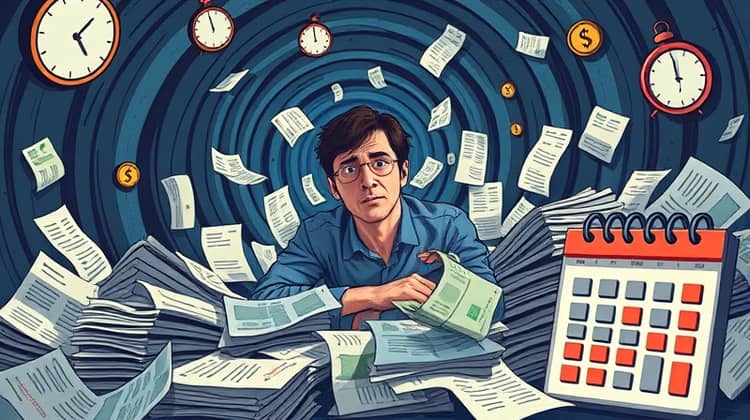
One of the most alarming risks of payday loans is the cycle of debt they can create. Since these loans are often short-term, borrowers may find themselves needing to take out new loans to pay off their existing ones, trapping them in a never-ending cycle.
The high cost of borrowing means that many borrowers cannot afford to pay back the original loan, leading them to roll over the debt several times and incur extra fees or interest with each rollover, further exacerbating their financial situation.
- Inability to repay the original loan
- Multiple rollovers leading to additional fees
- Increasing debt over time
- Stress and mental health issues related to financial strain
This cycle not only affects the financial stability of individuals but also has broader implications for communities as it contributes to a growing number of financially distressed citizens.
Predatory Practices
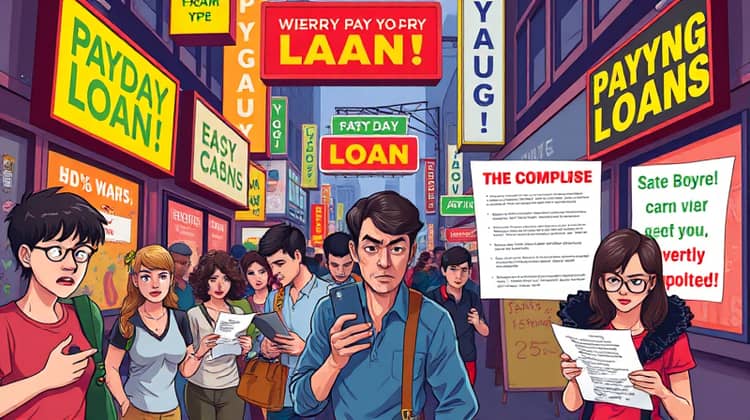
The payday loan industry is often criticized for its predatory practices, which target vulnerable populations. Many lenders exploit individuals who are in desperate need of cash, offering them loans without clearly explaining the potential risks and costs involved.
Such practices can include misleading advertisements or terms that are difficult for borrowers to understand, contributing to an environment where borrowers make uninformed decisions.
- Misleading loan terms and conditions
- Lenders targeting low-income individuals
- Aggressive collection efforts
- Lack of transparency in costs
These predatory practices can lead to a significant loss of trust in financial institutions, making it even harder for borrowers to seek help or explore more reasonable financial options.
Impact on Credit Scores
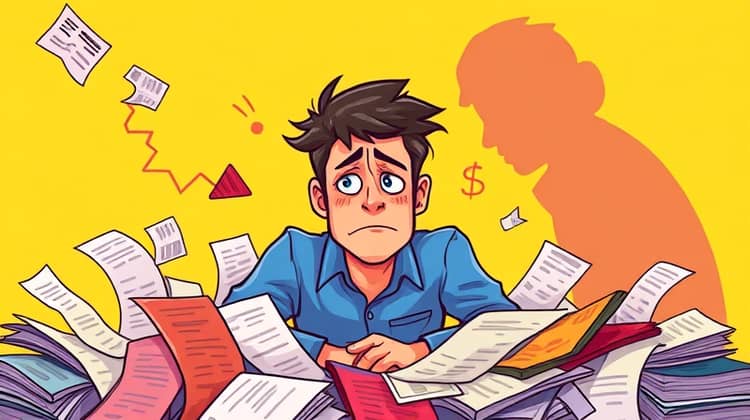
Another critical factor to consider when taking out a payday loan is its effect on credit scores. While payday loans are not typically reported to credit bureaus, the inability to repay one can have dire consequences if the lender sends the debt to collections.
Missed or late payments can negatively impact credit scores and reduce a borrower’s chances of obtaining credit in the future.
Limited Regulation

The payday lending industry is often subject to limited regulation, allowing predatory practices to flourish. In many areas, there are few laws governing how much interest lenders can charge, which can lead to the issues previously discussed.
This lack of oversight means that consumers are often left to navigate this complicated and risky borrowing landscape without adequate protections in place.
- Few laws regulating interest rates
- Inconsistent state regulations
- Lack of federal restrictions
- Disparities in consumer protections across states
Consequently, consumers are left vulnerable and may not receive the support they need to make informed financial decisions, continuing the cycle of exploitation.
Alternatives to Payday Loans
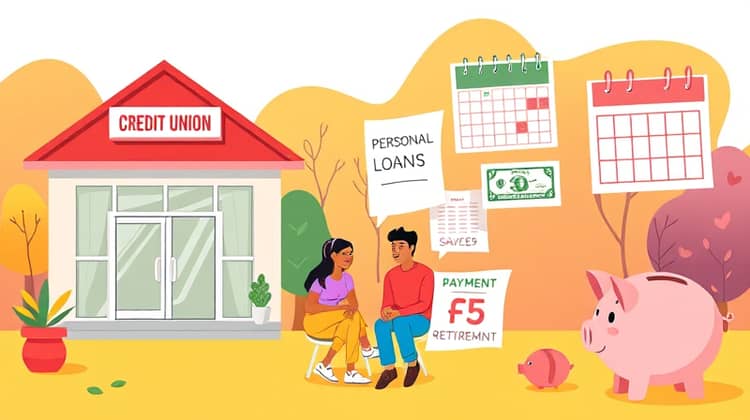
Before considering payday loans, it's essential to explore alternative financial solutions that may better suit your needs. From credit union loans to personal loans from family and friends, there are various options worth exploring.
Utilizing these alternatives can help you avoid the pitfalls associated with payday loans, providing more manageable payment plans at lower interest rates.
- Credit unions
- Personal loans from loved ones
- Payment plans with creditors
- Borrowing from savings or retirement accounts
By considering these alternatives, individuals can take proactive steps towards maintaining their financial health without falling victim to the high costs of payday loans.
Conclusion

In conclusion, while payday loans may appear to be a quick fix for immediate cash flow problems, the risks associated with them can lead to a cycle of debt that is difficult to escape. The high costs, predatory practices, and negative impacts on credit scores are significant factors to consider before proceeding with such loans.
Instead of relying on payday loans, individuals are encouraged to explore alternative financial options that can provide more sustainable solutions to their financial issues. By educating oneself on the implications of payday loans and seeking out support, individuals can take charge of their financial future and avoid falling into traps set by predatory lenders.
Ultimately, responsible borrowing and financial planning are crucial in ensuring that one's financial health remains intact and manageable, fostering a path towards stability and growth in one's economic life.






